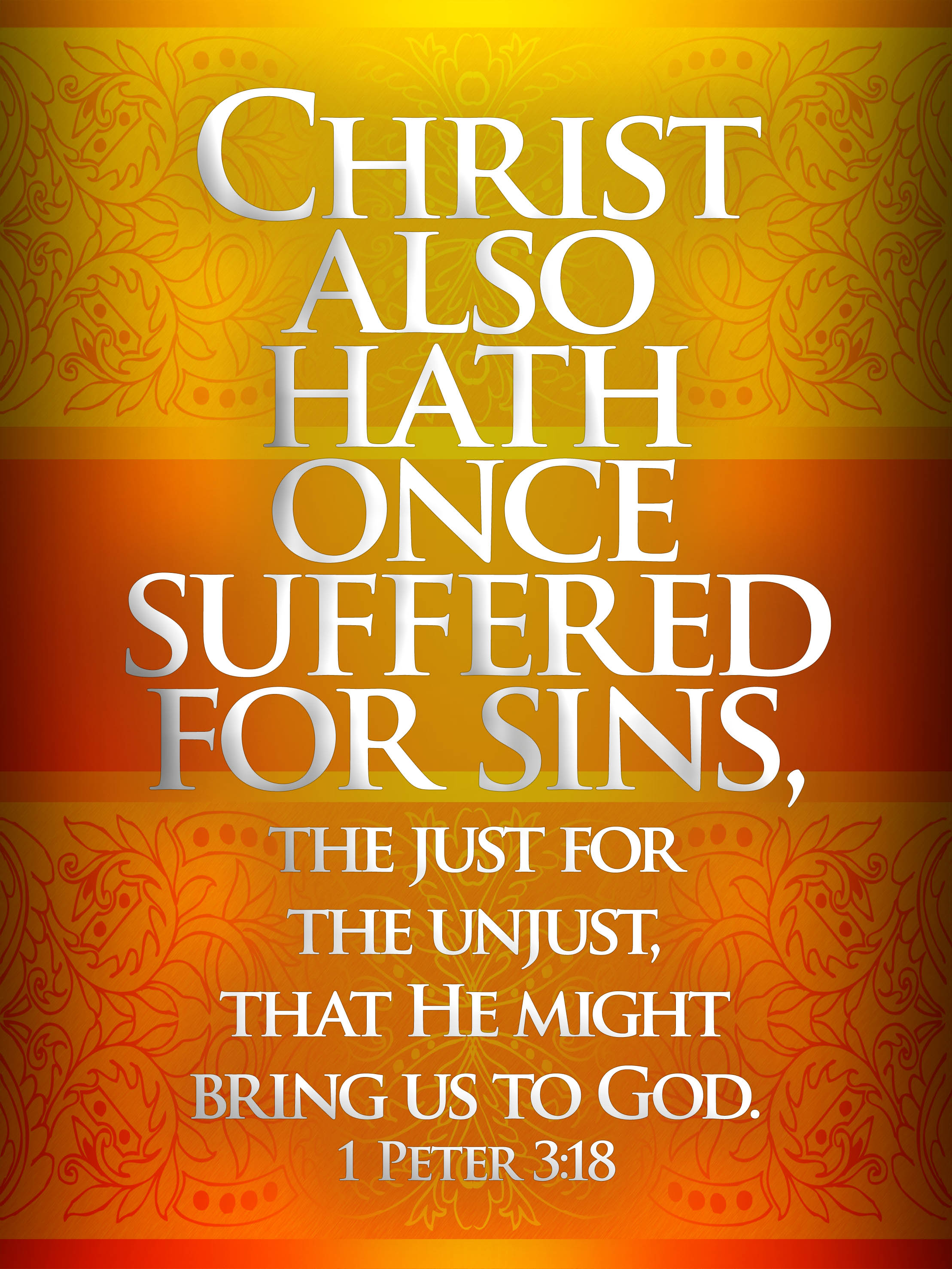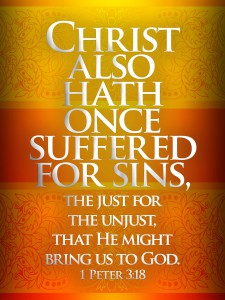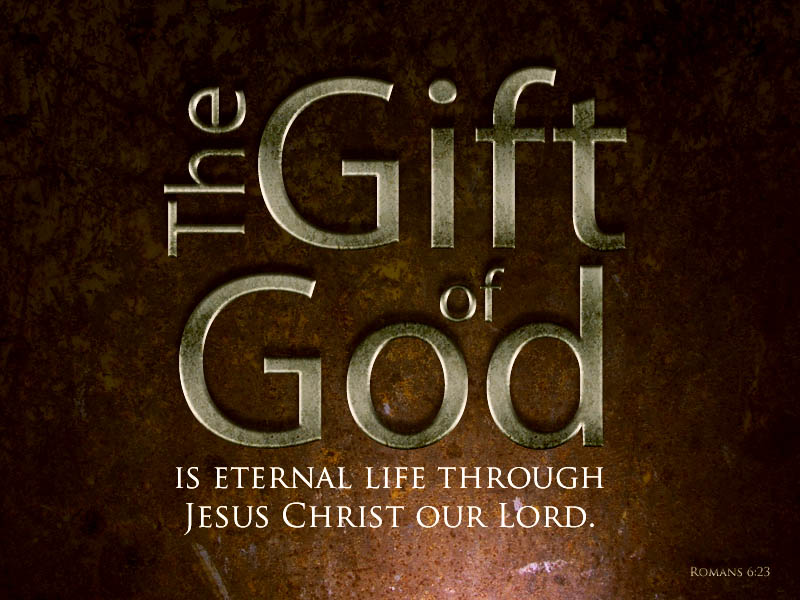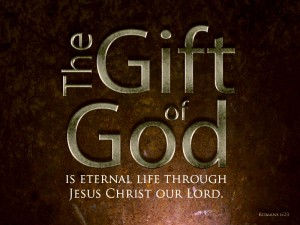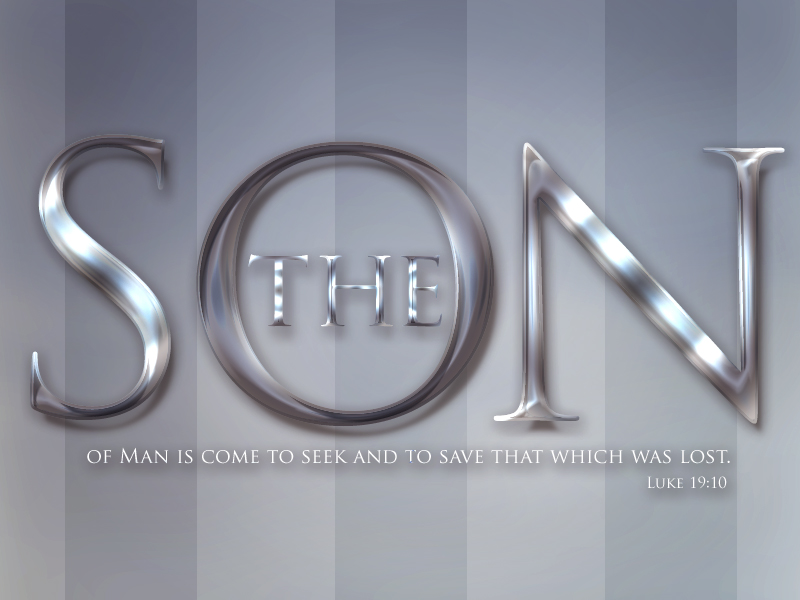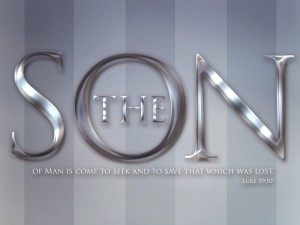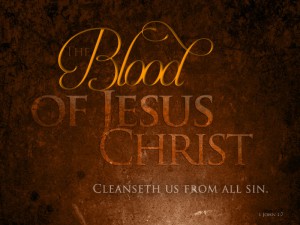A Letter
Dear Sister:
In one of your letters you write, “Father was asking about your conversion.” Abounding grace is connected with that conversion. As early as twelve or thirteen years of age, God exercised my conscience about my sins, but I loved the world and would not give it up, so in spirit I said, “Go Thy way for this time.” Many other times in His grace He came to me, but always got the same answer.
Coming west from Massachusetts I listened to atheist sentiments and quite accepted them. In August I went back to visit Mother, and she spoke to me about eternal things. I combated her with my atheist reasonings, and fairly closed her mouth. After this she said, “William, do you read your Bible and pray every day?”
“No!” I replied.
She said, “If you do this, my boy, you will get light,” and she left the room with tears rolling down her cheeks.
Left alone in the room, the Lord made me feel how I had grieved my mother, whom I loved, and He led me to realize there was one thing I had not done, that was to read my Bible and pray every day. I made up my mind to try it, partly because I knew it would please Mother and partly to test my atheist position.
I left the room and got a Testament that I had owned when a boy, and put it into my pocket. Going to bed that night, I read the first chapter of Matthew and knelt down beside the bed to pray. I had no interest in what I read, only I remember my thought on my knees: “I would hate to have anyone catch me in this position!” However, I had taken up the matter as a test and would not be diverted from it.
This went on until about the end of the year. Then the Lord began working in my soul, making me realize I was not as good as I thought I was. I sought to make myself better, but the more I tried to make myself better, the worse I became, until I saw myself only fit for hell. Then the Lord came and showed me that trying to make myself better was the wrong principle—that faith is the principle on which peace with God is secured. Giving up doing, and resting now on God’s Word, I was brought into peace that first Lord’s Day in the new year. To Him be glory!
Your brother,
Will






